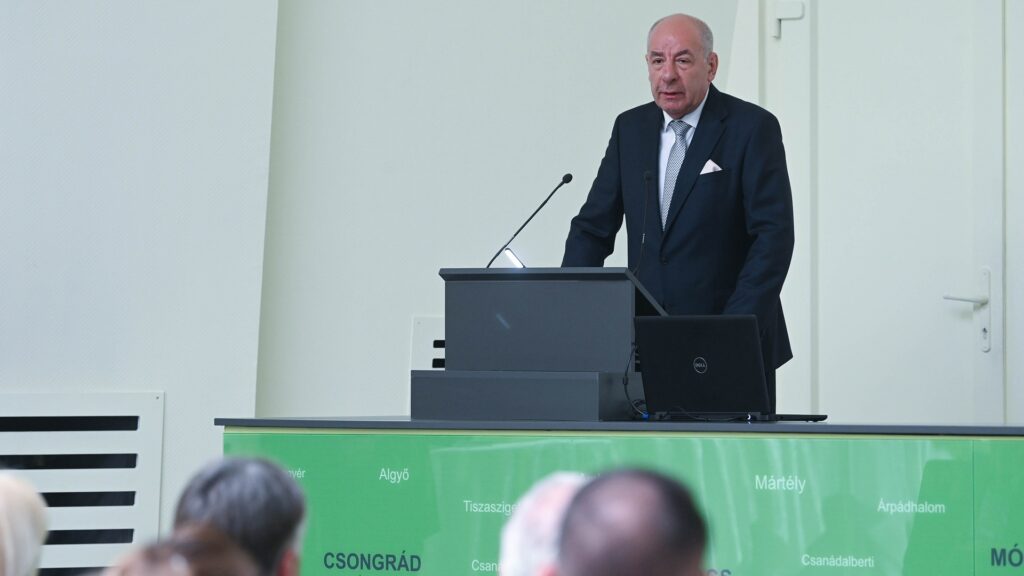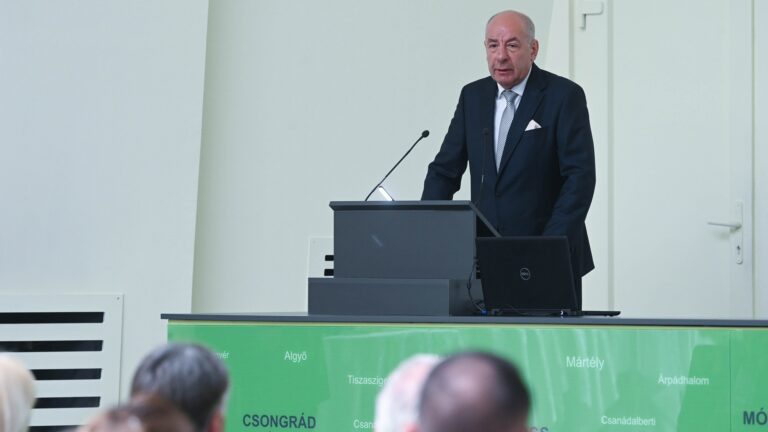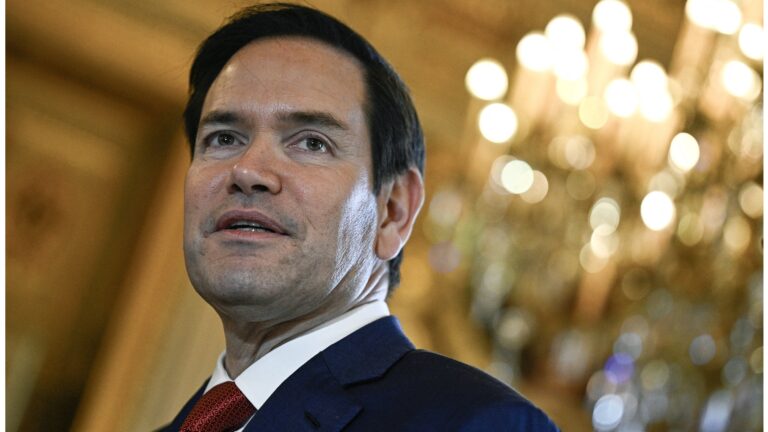As the threat of escalation in the Middle East intensifies with each passing hour, the significance of Hungarian diplomacy and its central message—maintaining open channels of communication—becomes increasingly evident. According to The Jerusalem Post, it was Hungarian Minister of Foreign Affairs and Trade Péter Szijjártó who informed his Israeli counterpart on Monday evening about Tehran’s intention to attack.
‘Iran has decided to attack Israel,’ Israeli Foreign Minister Israel Katz told The Jerusalem Post on Monday. According to the newspaper, Szijjártó called Katz to explain that he had received this information from acting Iranian Foreign Minister Ali Bagheri.
On Monday evening, Péter Szijjártó published a post on his Facebook page in which he reported on his discussions with the foreign ministers of the two opposing states. However, he did not mention that he had warned his Israeli counterpart about the possible attack. In his post, he stated that Hungary’s position is clear: while it must not be allowed that Israel suffer another terrorist attack like the one last October, everything possible must be done
The international community has been watching the events in the Middle East with bated breath for days. Following the liquidation of the Palestinian terrorist organization Hamas’ political leader, Ismail Haniyeh, by Israel in Tehran last week, Iran’s Supreme Leader Ali Khamenei ordered the military to attack Israel directly. The Israeli Defense Forces (IDF) subsequently reported that they had also killed Hamas military leader Mohammed Deif weeks ago, on 13 July. Additionally, Israel recently killed Fuad Shukr, a senior officer of Hezbollah, an Iranian-backed Lebanese paramilitary group, in Beirut as a result of a retaliatory strike.
The tension prompted US President Joe Biden to convene the US Security Council on Monday, where he was informed that Iran could attack Israel within days. However, Washington still lacks detailed information about the specific parameters of the potential attack.
The extent of the United States’ further involvement in the conflict largely depends on Iran’s response to Haniyeh’s death. In preparation for possible Iranian retaliation, two US destroyers have moved from the Gulf of Oman to the Red Sea in recent days, according to a US official, positioning both ships closer to Israel.
As reported by Hungarian Conservative, Tehran had previously attacked Israel. On 13 April, Iran launched a massive retaliatory strike against Israel in response to the Jewish state’s attack on Iran’s embassy in Damascus on 1 April. The Tehran attack involved at least 170 drones, 30 cruise missiles, and over 120 ballistic missiles. The Israeli air defence
successfully intercepted 99 per cent of these projectiles
before they breached the state’s airspace.
‘We strongly condemn this attack. However, its implications extend far beyond the immediate conflict, posing a grave risk of engulfing the entire Middle East in inter-state warfare. This not only constitutes a regional concern but also represents a significant threat to global stability, including Hungary,’ Hungarian Prime Minister Viktor Orbán stated at the time.
Israel then launched a limited response against its main rival, and the international community managed to prevent further escalation.
Read more on the subject:








